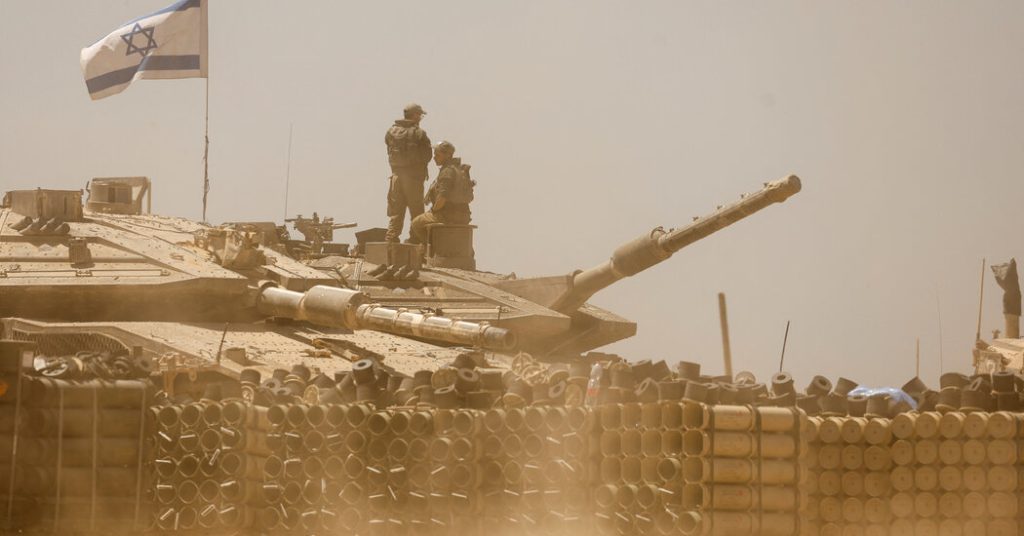The Biden administration has informed Congress that while Israel likely violated international standards by failing to protect civilians in Gaza, there is no concrete evidence to justify withholding military aid. The State Department’s detailed assessment of Israel’s conduct acknowledged that Israel has the necessary tools to minimize civilian harm during military operations but raised concerns about the high levels of civilian casualties. The report, which was requested by President Biden, mentioned challenges in collecting reliable information from Gaza, Hamas’s use of civilian areas for military purposes, and Israel’s lack of complete information sharing in verifying the use of U.S. weapons in alleged human rights violations.
Despite identifying possible violations by Israel, the report deemed assurances given by Israel in March that they would comply with international law credible, allowing for the continuation of U.S. military aid. The findings do not impact Biden’s recent decision to delay the delivery of bombs to Israel and his review of other weapons shipments in response to Israel’s plans to invade Rafah. The report highlighted Israel’s initiation of criminal investigations into its military conduct in Gaza and ongoing examinations of hundreds of incidents involving alleged wartime misconduct. It did not find that Israel obstructed humanitarian aid into Gaza but acknowledged actions and inactions that slowed the aid flow.
Critics of Israel’s military operations in Gaza, including some Democrats in Congress, remain unsatisfied with the report’s stance on Israel’s compliance with international standards and its impact on U.S. arms support. The report did not clearly define the criteria for Israel’s actions or establish best practices for mitigating civilian harm but referenced Defense Department guidelines released last year. Critics argue that Israel has indiscriminately killed civilians with American arms and obstructed U.S.-supported humanitarian aid, which would breach U.S. laws governing arms transfers and international humanitarian law based on the Geneva Conventions.
The report’s release has sparked further debate on whether the Biden administration should go beyond the current level of military support to Israel. Congress recently approved additional emergency funding for Israel, which receives $3.8 billion in annual military aid from the United States. President Biden’s national security memorandum required all recipients of U.S. military aid in conflict to provide written assurances of compliance with international law and humanitarian aid delivery. An independent task force cited likely Israeli legal violations in response to the memorandum, finding a disregard for international law principles and potential war crimes.
The State Department report has drawn criticism for its perceived lack of clarity and its sympathy towards Israel’s military challenges in Gaza. It acknowledged the complexity of determining facts in an active war zone due to Hamas using civilian infrastructure for military purposes and human shields. Specific incidents where Israel killed civilians or aid workers were highlighted in the report, including the killing of World Central Kitchen workers and airstrikes in the Jabaliya refugee camp. While the report did not conclude that Israel intentionally hindered humanitarian aid, it noted various ways in which Israeli government actions negatively impacted aid distribution, such as bureaucratic delays and involvement in attacks on aid convoys.
The release of the report to Congress, delayed past the deadline set by President Biden’s memorandum, came on a Friday afternoon, typically a time chosen to minimize public impact. The report’s findings and conclusions have generated mixed reactions, with some viewing it as a balanced assessment of the situation in Gaza and others criticizing it for not holding Israel accountable for potential violations of international law. The report emphasizes the complexities of the conflict in Gaza, the challenges of collecting information, and the need for continued efforts to ensure compliance with international standards and protection of civilians.


